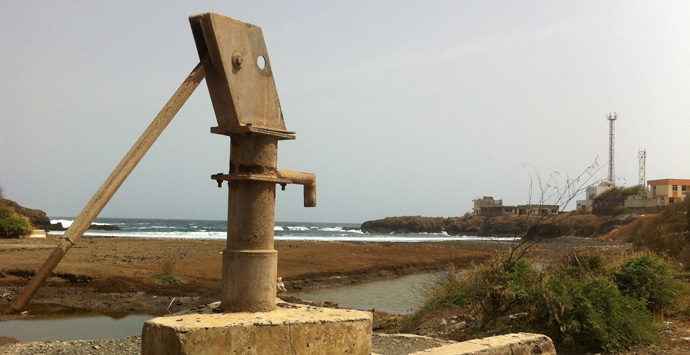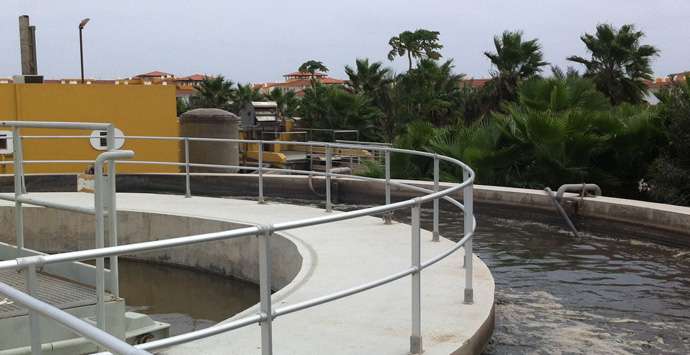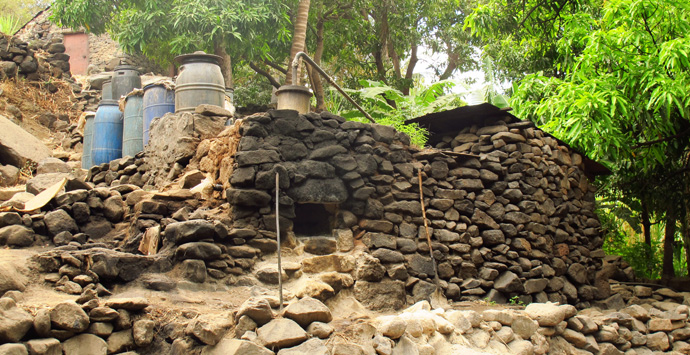Every drop counts for sustainable, efficient, equitable water use
This year’s World Water Day theme “Why wastewater?” highlights the importance of reducing and reusing wastewater in our homes, industry and agriculture. Wastewater treatment is a process that converts wastewater from its unusable state into an effluent that can be either returned to the water cycle with minimal environmental issues or be reused for another purpose. Living with an uncertain climate, it is critical that we all use water wisely so we have a secure source of drinking water in times of scarcity.
While the proportion of the world population without sustainable access to safe drinking water decreased from 24 percent to 11 percent between 1990 and 2015, sanitation remains an ongoing issue and is an emphasis of the United Nations’ Sustainable Development Goal 6.
AECOM’s international development teams work to address many of the challenges faced by countries in the water, sanitation and hygiene sector, bringing solutions that improve the quality of life in developing countries.
 Abandoned borehole, affected by the lack of water due to several years of drought in Santiago Island (Cape Verde’s main island).
Abandoned borehole, affected by the lack of water due to several years of drought in Santiago Island (Cape Verde’s main island).
In 2014, we were appointed by the Millennium Challenge Corporation to improve the water sector performance in Cape Verde, a nation off the northwest coast of Africa. With less than 50 millimeters of rainfall per year and a very low groundwater table, Cape Verde is one of the countries most threatened by climate change. In the 20th century, water scarcity has forced many people to emigrate and has caused more than 200,000 deaths.
 Water treatment plant in Santiago Island (Cape Verde’s main island).
Water treatment plant in Santiago Island (Cape Verde’s main island).
The water and sanitation sector in the region is quite complex — it’s an archipelago of ten islands, which makes it complicated to ensure water management — but after three years of implementation and a third extension of the programme currently under preparation, we can proudly say we have contributed to improving access to better water resources for both households and businesses. Our strategy relies on three pillars: reforming national policy and regulatory institutions, transforming inefficient utilities into independent corporate entities operating on a commercial basis, and improving the quality and reach of water and sanitation infrastructure.
 Small water storage tank, effective solution for communities not connected to water supply in Santiago Island (Cape Verde’s main island).
Small water storage tank, effective solution for communities not connected to water supply in Santiago Island (Cape Verde’s main island).
Although this particular success story is in a developing country, we are all responsible — in developing and developed countries alike — for future generations and their access to safe drinking water, which depends on our capacity to better manage resources today. For example, reducing water consumption at home can be done without affecting our comfort; it’s just necessary to be more cognizant of our use. Acknowledging the impacts of our consumption choices in the home and in the workplace is a key first step in determining ways to reduce our footprint.
We can each be an agent of change, in our own homes and also in driving the actions of companies and governments towards sustainable, efficient and equitable water use. Indeed, every drop counts.






